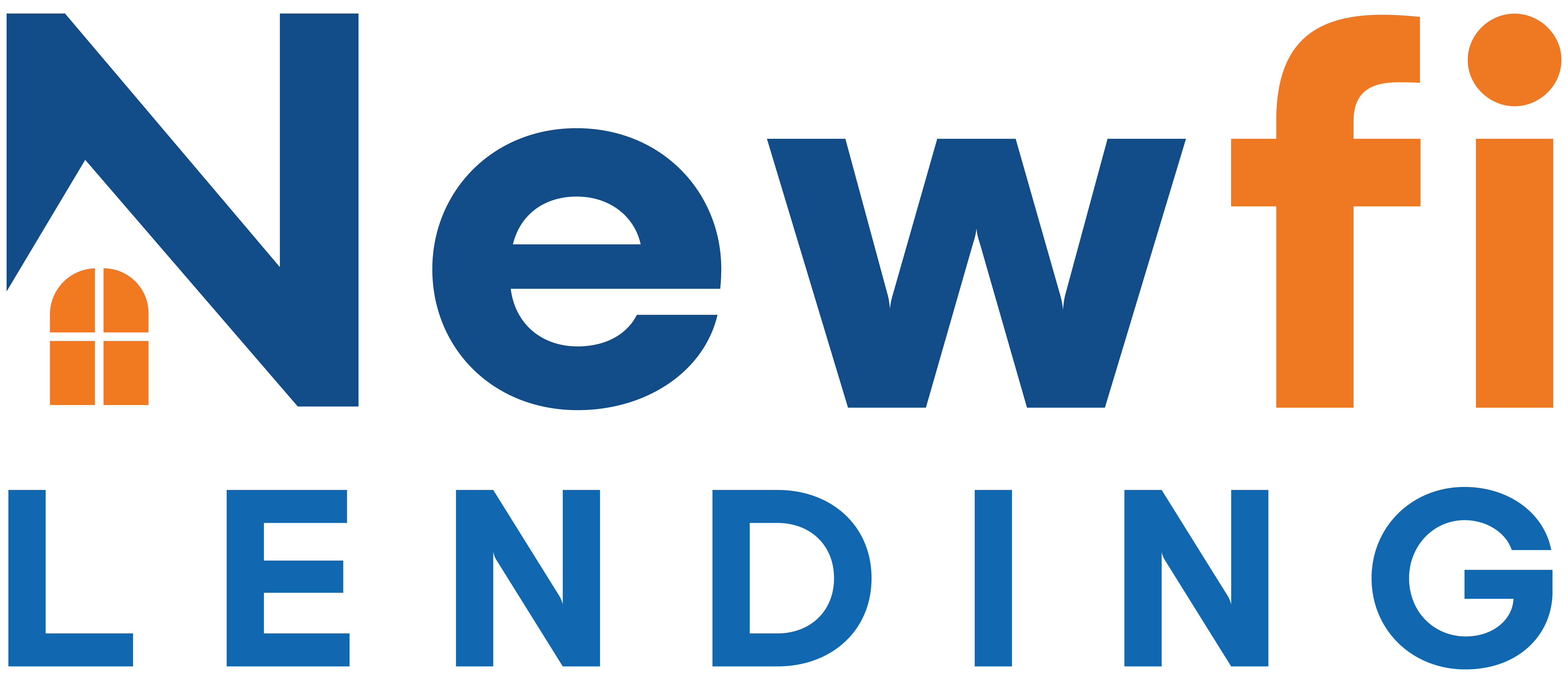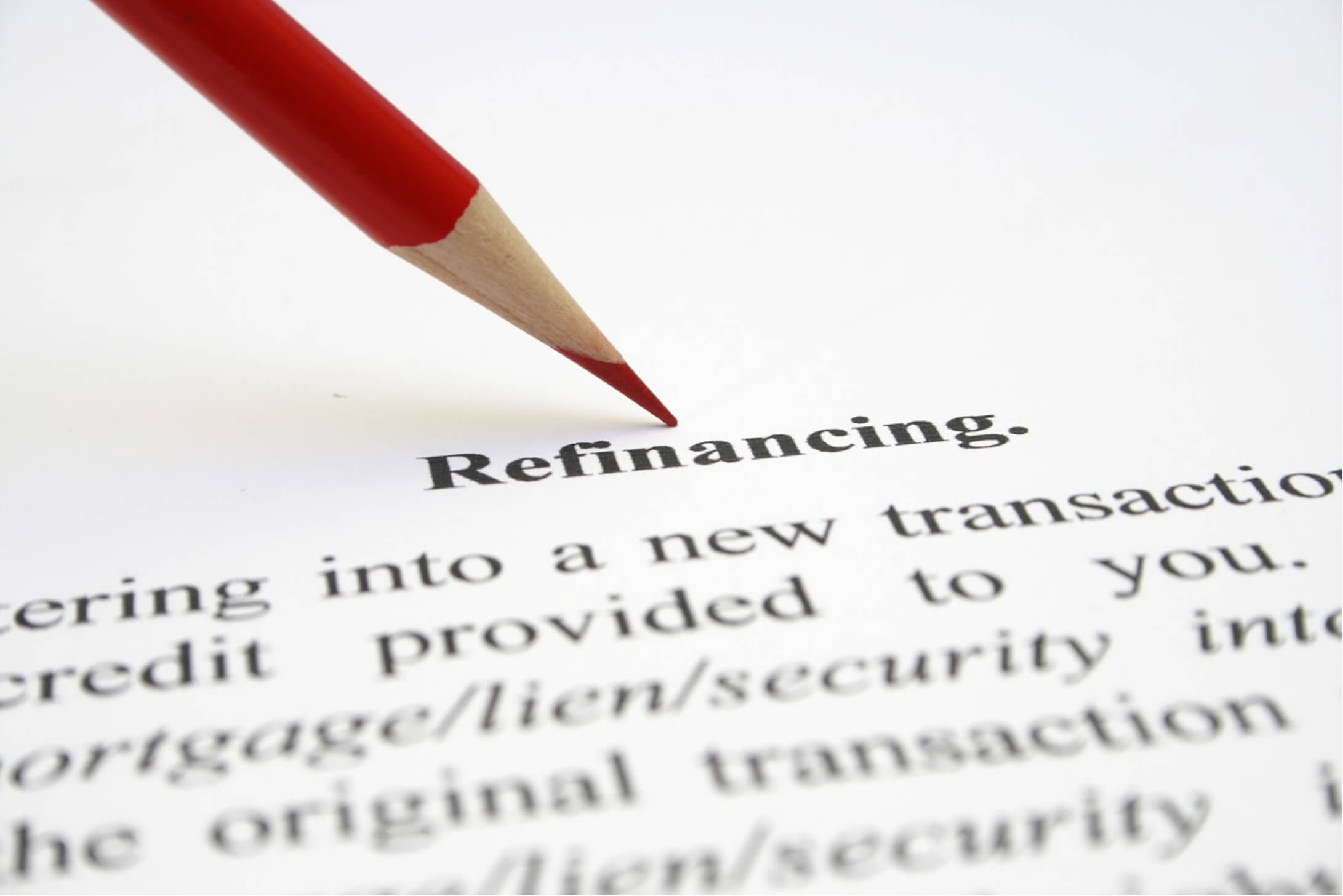Refinancing your primary home is a great way to reduce monthly payments, shorten the length of your loan, or take out cash for important projects. But how can you prepare before meeting with your mortgage loan officer?
Explore a few key steps to take and why they help.
Check Your Credit
Your credit includes both your credit history and score. Why do this so early? If anything needs to be fixed — whether it is an error you need to contest or credit issues that need to age out — you’ll want time to correct it.
Annualcreditreport.com is a great place to start. You can check all major credit bureau reports for free once a year. There are also a variety of ways to get your score as well. Focus on any issues that you can correct as quickly as possible, such as getting a debt balance below a key threshold or paying off a small loan. Do these few things early, since creditors report on different schedules.
Figure Out Your Home Equity
What is home equity? This is the difference between what the home is worth and what you owe to your current mortgage lender. Equity estimations are not an exact science, but you can do some research on your own to find out what your home would be realistically worth on the market. Some homeowners seek their own appraisal to get a more accurate idea of their equity.
Decide on Your Goals
What are your goals for this refinance? As mentioned, refinancing offers a number of benefits. However, you may not be able to accomplish all your goals. You may not be able to take cash out of your home and still have a lower payment. If you have to choose between two goals, then prioritize the option that best reflects on your financial goals.
One of the most common goals is to take out cash for home improvements or to pay off debt. Remember that you cannot generally refinance for 100% of the current home value, so you will not get as much cash as may seem available. Another valuable choice is to lower the monthly payment by refinancing less money overall or taking advantage of lower interest rates. Finally, you might choose to refinance to a shorter term to pay off your mortgage faster.
Gather Your Paperwork
What is the actual paperwork that the lender will need to see? In general, this includes several of your most recent pay stubs, most recent W-2 wage statements, and most recent bank statements. If you are self-employed, you may need unique paperwork like a 12 or 24 month history of bank statements or 1099 income documents.
Prepare for an Appraisal
Most of the time, refinancing requires borrowers to get a home appraisal. This appraisal verifies the current value of your property for the lender, so you want the best results possible.
How should you prepare your home for an appraisal? Do some research to see what value range comparable properties are getting. Declutter the home. Tidy up the yard and increase curb appeal. Make minor repairs, if possible. And thoroughly clean the house from top to bottom.
Ready to Refinance?
Do you want more information on how to accomplish any of these steps? Do you need help with them? Have questions about specific refinancing loan types or goals? Start by meeting with the team at Newfi Lending.
We can work with you at any stage of your refinancing journey and help you through the process. We’re happy to go over any specific questions or concerns you have.
Call today to get started today!

